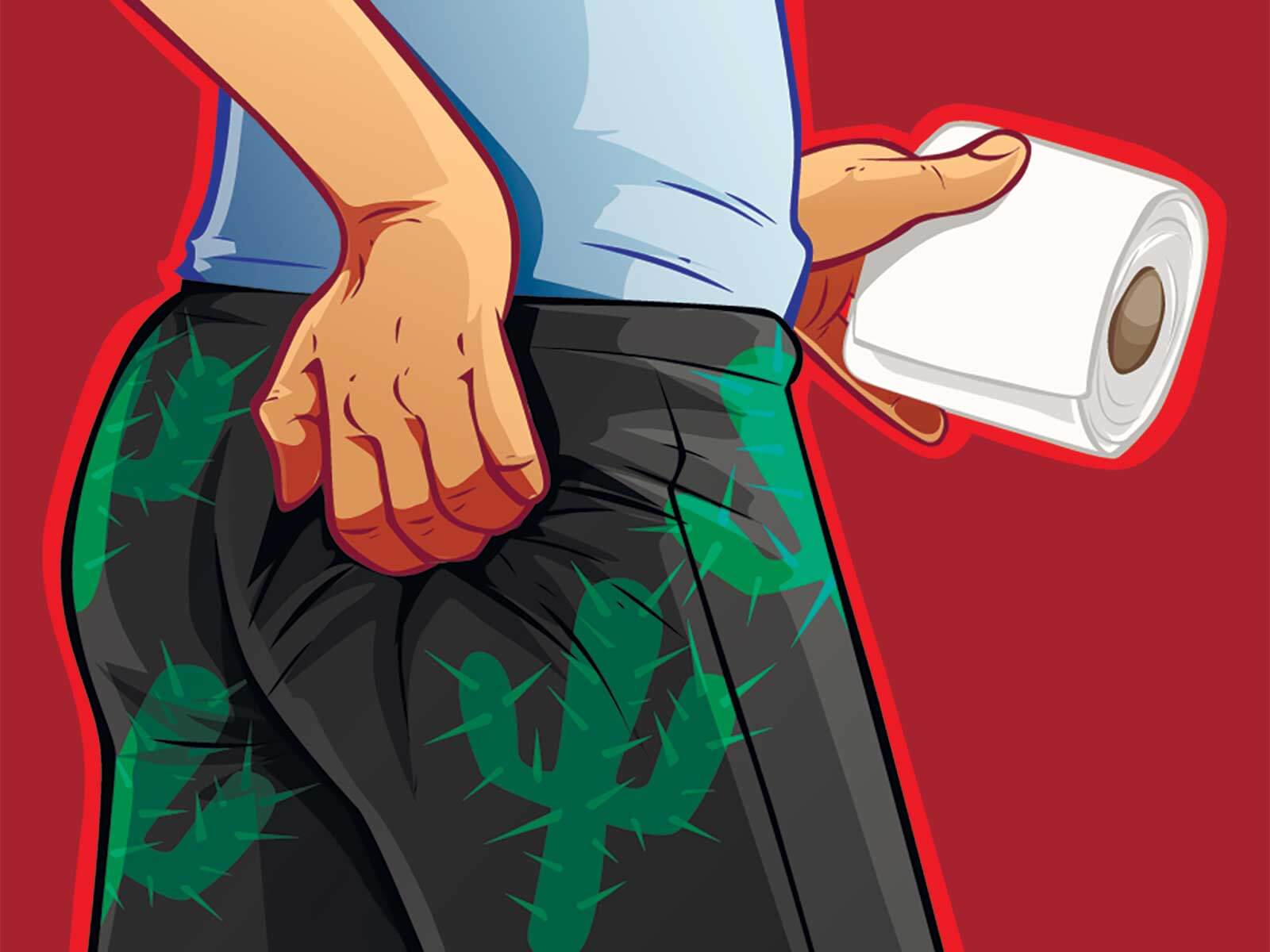
Hemochromatosis is a disorder whereby your body takes in excess iron in food and stores it. This iron over buildup leads to damage with time in vital organs- most notably to the liver, the heart, and the pancreas in case there is no treatment. Early and proper management and intervention allows avoiding complications and enhances quality of life.
Symptoms often appear gradually. As iron builds up, you may experience:
Hemochromatosis can develop due to several factors:
GastroDoxs offers the leadership of diagnostics and effective anorectum hemorrhage treatment with an emphasis on patient-centered care and a complex approach to digestive health issues. Our individualistic, caring support system means that you will get a customized program be it dietary management, less invasive treatment or advanced treatment- to get long-term relief and a better quality of life. You should not wait, make an appointment at our office in Jersey Village today and allow our experts to make you feel better.
We've successfully treated more than 1.5k patients, helping individuals improve their digestive health and overall well-being through expert, personalized care.
With over 20 years of experience, GastroDoxs has been a trusted provider of gastroenterology care, focusing on delivering the best outcomes for patients
With early diagnosis and proper treatment, most hemochromatosis patients can lead a normal, healthy life similar to the general population.
Yes. Iron accumulation can cause hormonal imbalances and liver dysfunction, leading to metabolic changes that may result in weight gain.
Although rare, it is possible. Organ damage (e.g., gastrointestinal bleeding) or chronic blood loss may cause anemia even when iron stores are high.
Diagnosis involves blood tests to measure serum ferritin and transferrin saturation, followed by genetic testing (HFE gene) to confirm inherited hemochromatosis.
Ferritin levels above 300 ng/mL in males and 200 ng/mL in females usually indicate iron overload and warrant further evaluation and management.
Avoid iron-rich foods such as red meat and shellfish, reduce alcohol intake (which increases iron absorption), and avoid vitamin C supplements that enhance iron uptake.
Yes. Women can develop hemochromatosis, though symptoms often appear later due to menstrual blood loss and iron depletion during pregnancy.
Essential tests include serum ferritin, transferrin saturation, HFE gene testing, and if necessary, liver imaging or biopsy to assess organ damage.
Initial phlebotomy is typically weekly or biweekly until iron levels normalize. Once ferritin reaches target levels, maintenance treatments are spaced every few months, usually once or twice per month.
If you experience chronic fatigue, joint pain, abnormal liver tests, or have a family history of iron overload, consult a gastroenterologist as soon as possible.